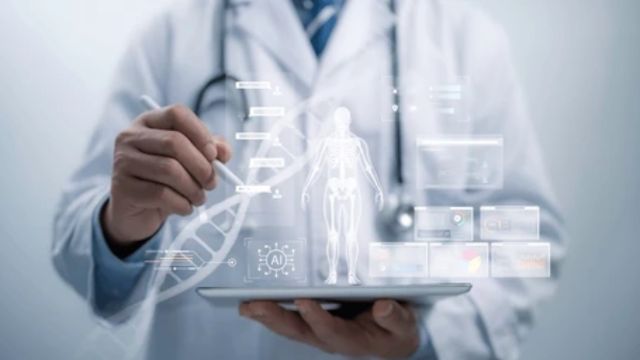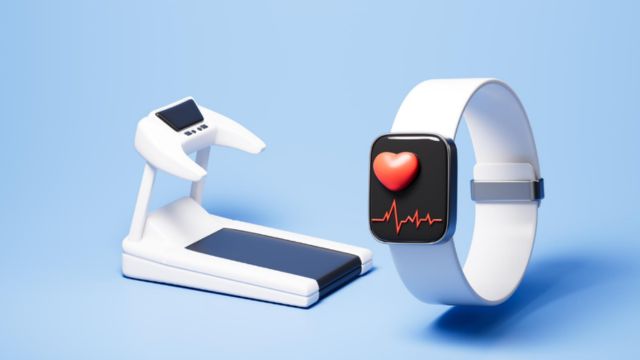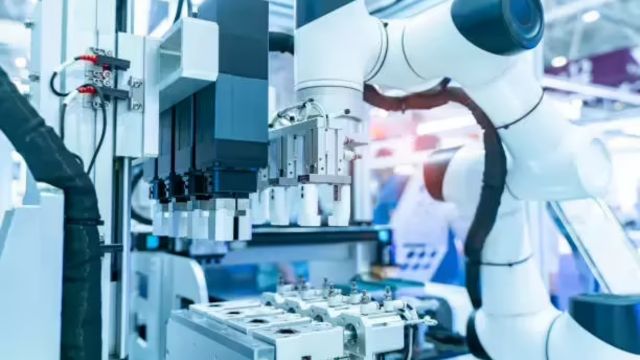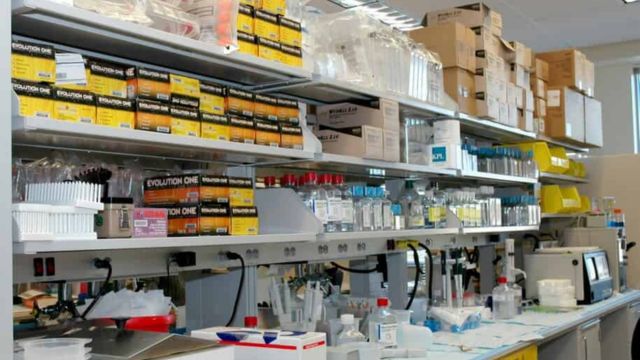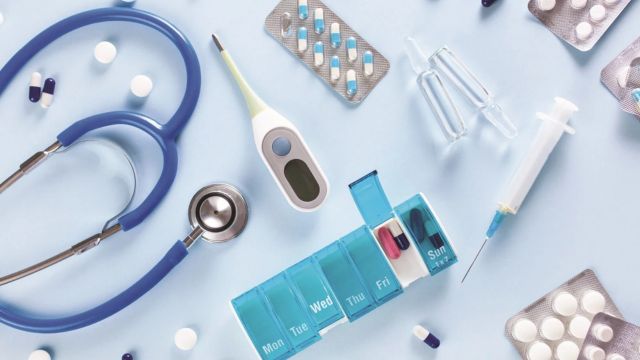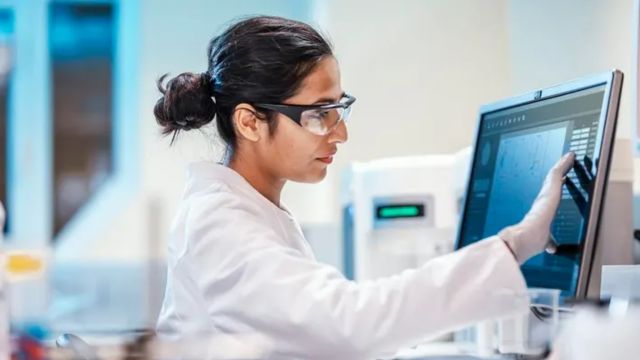Personalized medicine has grown to be among the most exciting developments in healthcare in recent years. Customized medicine fits medical solutions and treatment strategies to a person’s particular genetic composition, way of life, and surroundings. By creating unique medical devices that fit the particular demands of patients, clinical engineering is playing a major part in this change. Focused on enhancing patient care by creative technology, the junction of clinical engineering and personalized medicine is a vibrant field.
The Role of Clinical Engineering in Personalized Medicine
Clinical engineering is the application of engineering ideas and technology to the healthcare environment so guaranteeing the correct design, maintenance, and improvement of medical devices and systems. Clinical engineers collaborate with healthcare providers in customized medicine to create and apply gadgets that not only meet particular demands of individual patients but also are not simply functional.
Using cutting-edge technologies such 3D printing, biomaterials, and smart sensors, clinical engineers can design prostheses, custom medical devices, and implants that maximize therapy results. These tools are meant to increase the comfort and efficacy of therapies, thereby enabling patients to lead better quality of life.
Custom Devices in Personalized Medicine
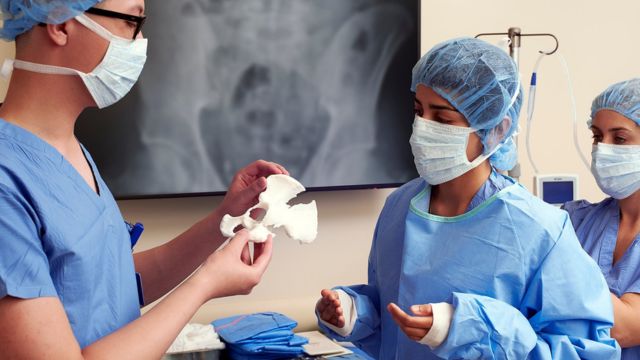
Personalized medical devices are no longer limited to one-size-fits-all solutions. Instead, clinical engineers use advanced technologies to create devices that cater to the specific anatomical and physiological needs of each patient. This approach helps to optimize the treatment of conditions that require precision, such as:
- Customized Prosthetics
Clinical engineers are working to create prosthetics that are designed specifically for an individual’s body structure. Advanced imaging and 3D printing allow for prosthetics to be crafted with precise specifications. These devices offer a much better fit and functionality, enabling patients to regain mobility and independence more effectively. - Implants and Orthotics
Personalized implants, such as orthopedic joint replacements or dental implants, are being developed with precise measurements based on the patient’s anatomy. Using biocompatible materials, clinical engineers ensure these implants integrate seamlessly into the body, reducing the risk of rejection and improving healing times. Personalized orthotics provide support for conditions like flat feet, scoliosis, or arthritis, helping alleviate pain and improve posture. - Smart Wearable Devices
In the realm of chronic disease management, personalized wearable devices equipped with sensors are gaining traction. Clinical engineers are working on wearable devices that continuously monitor a patient’s health metrics, such as blood pressure, glucose levels, or heart rate, and send real-time data to healthcare providers. These devices enable clinicians to make data-driven adjustments to treatment plans, ensuring a more responsive approach to patient care. - Patient-Specific Surgical Tools
Surgeons can also benefit from personalized tools and instruments designed specifically for a patient’s condition. For example, clinical engineers may develop customized surgical guides or 3D models for pre-operative planning. These devices help ensure precision during surgery, reducing the risks of complications and improving recovery times.
Benefits of Custom Medical Devices in Personalized Medicine
The integration of clinical engineering into personalized medicine brings numerous benefits to both healthcare providers and patients. Here are a few notable advantages:
- Better Fit and Comfort
Custom devices are designed to match the unique body structure of each patient, providing greater comfort and reducing the risk of complications. For example, a personalized prosthetic limb will better align with the remaining part of the body, improving mobility and comfort for the patient. - Improved Treatment Outcomes
Personalized devices are tailored to the individual’s medical history, genetic makeup, and specific health conditions, ensuring that the treatment is more effective. This approach allows for a more targeted solution to the patient’s needs, whether it’s an implant, prosthetic, or wearable device. - Faster Recovery Times
Since personalized medical devices are designed with precision, they can enhance healing and recovery times. This is especially crucial in surgeries, where personalized surgical instruments can minimize trauma to the body and promote quicker post-operative recovery. - Long-Term Cost Savings
While custom devices may have a higher initial cost, they can lead to long-term cost savings by reducing the need for corrective surgeries or device replacements. More accurate treatments mean fewer complications, less time spent in hospital care, and a quicker return to daily life.
The Future of Personalized Medicine and Clinical Engineering
As technology progresses, the opportunities for clinical engineering in customized medicine are expanding. With the continued integration of artificial intelligence (AI), machine learning, and robotics, we are likely to see even more precise and efficient medical technologies in the future. Clinical engineers will continue to work closely with healthcare practitioners and patients to design devices that cater to a wide range of medical problems, enhancing both the effectiveness of treatment and the entire patient experience.
Moreover, telemedicine and remote monitoring are projected to play a growing role in individualized healthcare. Clinical engineers will build devices that smoothly connect to digital platforms, allowing healthcare providers to monitor patients’ progress and change treatment programs remotely.
Conclusion
Clinical engineering is at the forefront of reinventing customized medicine. The development of personalized medical devices allows patients treatments that are specifically customized for their needs, leading to better outcomes, speedier recovery, and enhanced quality of life. As technology continues to grow, the job of clinical engineers will only become more crucial in delivering individualized, patient-centered care.
Stay ahead in the ever-evolving world of medical supply and clinical engineering. At J and J Supplies, we provide essential information, news, and resources to assist you navigate the newest trends and technology in the healthcare business. Come see us now to see how tailored medicine and clinical engineering will shape healthcare going forward!
FAQs
What is clinical engineering in personalized medicine?
Clinical engineering in personalized medicine involves designing and developing medical devices tailored to the specific needs of individual patients, ensuring better treatment outcomes.
How are custom medical devices made?
Custom medical devices are made using advanced technologies like 3D printing, biocompatible materials, and precise imaging to ensure they match the patient’s unique anatomical structure.
What are the benefits of personalized medical devices?
Personalized medical devices provide better fit and comfort, improved treatment outcomes, faster recovery times, and long-term cost savings by reducing complications and the need for additional surgeries.
How does clinical engineering improve patient care?
Clinical engineering helps improve patient care by designing devices that cater specifically to individual needs, offering more effective treatments and enhanced patient comfort.
What is the future of clinical engineering in personalized medicine?
The future of clinical engineering in personalized medicine includes greater integration of AI, machine learning, and wearable devices, which will lead to even more precise and efficient medical treatments.

